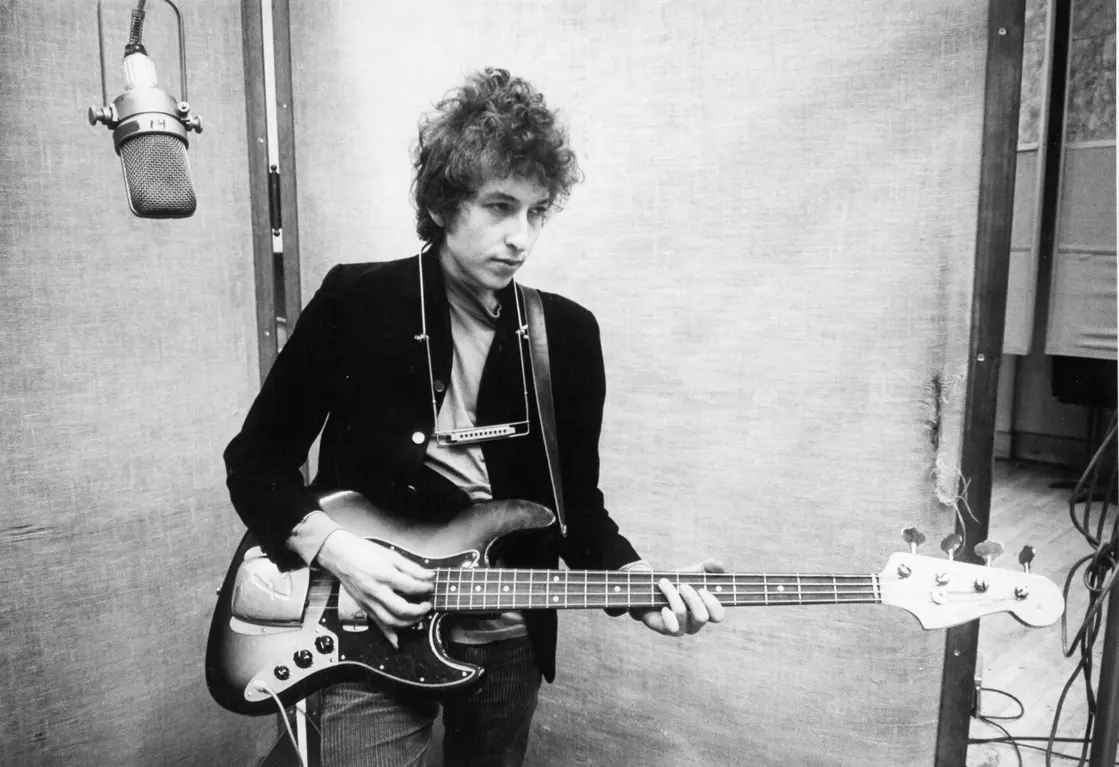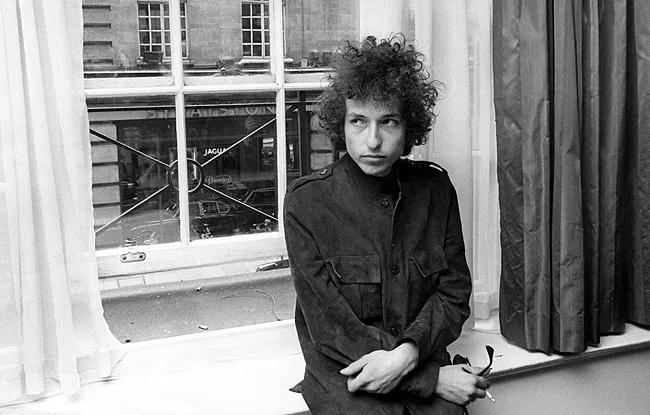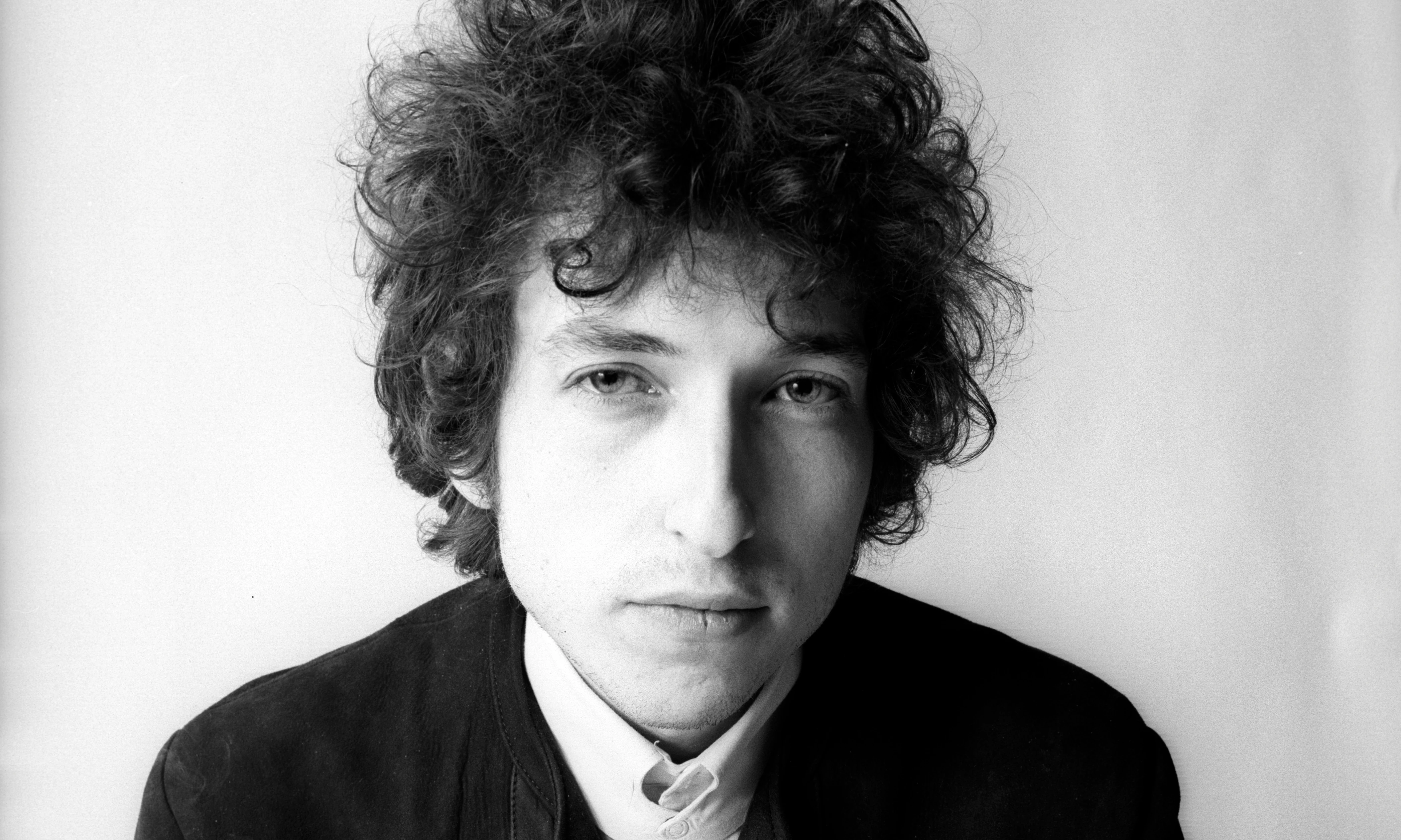The Life and Legacy of Bob Dylan: A Revolutionary Voice in Music and Culture
- demacedogroup
- Aug 26, 2024
- 3 min read
Updated: Aug 28, 2024

Bob Dylan, born Robert Allen Zimmerman on May 24, 1941, in Duluth, Minnesota, is a figure whose impact on music and culture is both profound and unparalleled. Known for his poetic lyrics, distinctive voice, and groundbreaking approach to songwriting, Dylan’s career spans over six decades and continues to influence musicians, writers, and thinkers worldwide. His journey from a small-town boy to a global icon is a testament to the power of artistic vision and cultural revolution.
Early Life and Musical Beginnings
Bob Dylan's early life in Minnesota was marked by a deep love for music and literature. Growing up in a Jewish family, he was exposed to a wide array of musical genres, from folk and blues to rock and roll. His passion for music was ignited by the sounds of Woody Guthrie, a folk legend whose socially conscious lyrics resonated with Dylan.
In 1959, Dylan moved to New York City to immerse himself in the vibrant folk music scene. He adopted the stage name Bob Dylan and began performing in Greenwich Village’s coffeehouses, where he quickly gained recognition for his raw talent and unique sound. His early performances and recordings drew attention from critics and folk enthusiasts, setting the stage for his breakthrough in the 1960s.
The Folk Revolution and Iconic Albums
Dylan’s debut album, Bob Dylan (1962), introduced his distinctive voice and poetic lyrics to the world. However, it was his second album, The Freewheelin’ Bob Dylan (1963), that solidified his place as a major force in music. This album featured some of Dylan’s most iconic songs, including "Blowin' in the Wind" and "A Hard Rain's A-Gonna Fall," which became anthems of the civil rights movement and the anti-war protest of the 1960s.
Dylan’s ability to blend folk traditions with contemporary themes made him a voice of his generation. His lyrics explored social and political issues with a depth and complexity that resonated with a wide audience. Albums like The Times They Are a-Changin’ (1964) and Highway 61 Revisited (1965) showcased his evolution as an artist and his willingness to challenge conventional norms.
The Electric Era and Artistic Evolution
In 1965, Bob Dylan made a controversial yet revolutionary move by incorporating electric instruments into his music. This transition was marked by the release of Bringing It All Back Home and Highway 61 Revisited. The decision to go electric was met with mixed reactions from fans and critics, but it ultimately redefined the boundaries of folk and rock music.
Dylan’s willingness to experiment with different styles continued with the release of Blonde on Blonde (1966), an album that blended rock, blues, and surrealist imagery. His shift towards a more electric and rock-oriented sound solidified his reputation as a groundbreaking artist and cemented his role as a cultural innovator.
Later Years and Continued Influence
Throughout the 1970s and beyond, Bob Dylan’s career was marked by continual reinvention. He explored various musical styles, including country, gospel, and even Christian rock. Albums such as Blood on the Tracks (1975) and Slow Train Coming (1979) showcased his ability to adapt and evolve while maintaining his distinctive voice and lyrical prowess.
Dylan’s contributions to music were recognized with numerous awards, including the Nobel Prize in Literature in 2016, a testament to his impact on both music and literary arts. His influence extends beyond his own recordings; his songs have been covered by countless artists, and his lyrical themes continue to inspire discussions on social and political issues.
Legacy and Cultural Impact
Bob Dylan’s legacy is marked by his profound impact on music, literature, and culture. His innovative approach to songwriting and his ability to capture the zeitgeist of his times have made him a towering figure in the arts. Dylan’s influence can be seen in the works of countless musicians, poets, and writers who have drawn inspiration from his revolutionary approach to music and storytelling.
In addition to his artistic achievements, Dylan’s commitment to addressing social and political issues through his music has left a lasting impact on activism and cultural discourse.
His ability to articulate the hopes, fears, and struggles of his generation continues to resonate with audiences around the world.
In conclusion, Bob Dylan’s life and career embody a journey of artistic innovation and cultural transformation. From his early folk roots to his revolutionary electric sound and beyond, Dylan’s work has redefined music and left an indelible mark on the world. His legacy endures as a symbol of artistic integrity and social consciousness, reminding us of the power of music to inspire and effect change.



































































Comments